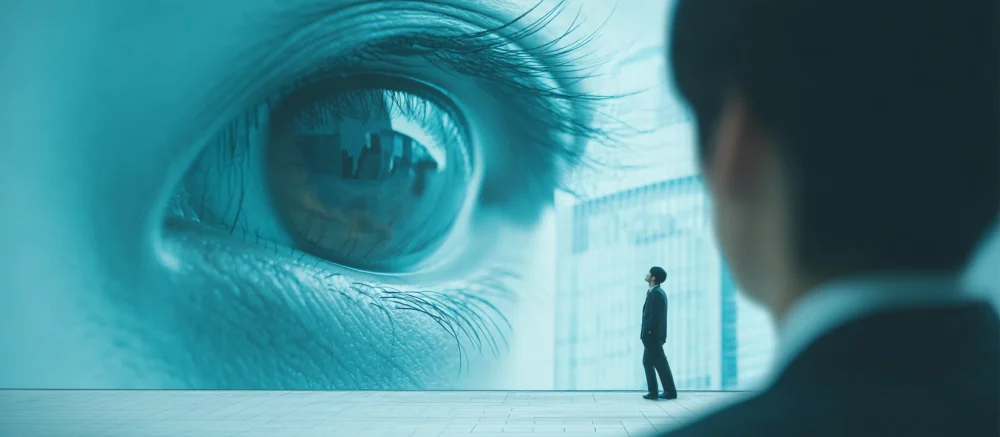At the heart of Adlerian Psychology is *teleology*—the idea that our behaviors and choices are shaped not by the past, but by the goals we envision for the future. In contrast, many psychological approaches—and our everyday thinking—rely on *causal reasoning*, explaining present behavior through past experiences or trauma. This article clearly compares these two perspectives and explores how each shapes our understanding of ourselves and others.
What Is Teleology? The Idea That the Future Guides Present Behavior
In Adlerian Psychology, *teleology* means that our actions are guided by imagined future goals. These “goals” may not be consciously articulated—they are internal, often unconscious ideals we strive toward.
For example, a person might avoid social situations not because of a past embarrassment, but because they hold a deep desire to stay “unharmed” or “perfect”—a kind of internal compass guiding behavior.
From this view, behavior isn’t about reacting to the past, but about moving toward an ideal. Teleology highlights the human capacity for agency and choice.
Fictional Goals: The Future Images That Drive Us
Adler believed everyone lives with fictional goals—idealized versions of who they want to be. Examples include:
- Wanting to be recognized and appreciated
- Avoiding risk to prevent emotional harm
- Striving to be flawless and never inconvenience others
These goals silently shape our daily choices, often without conscious awareness. By asking “What am I aiming for?” we gain powerful insight into why we do what we do.
What Is Causality? Explaining the Present Through the Past
*Causality* is the belief that “I am this way because of what happened before.” For example:
- “I struggle in relationships because my parents didn’t love me.”
- “I lack confidence because of past trauma.”
- “I can’t try new things because I’ve failed before.”
While common in psychology, causal thinking can also lead to a sense of being stuck— reinforcing the belief that we cannot change because the past already “decided” our path.
Adlerian Psychology encourages us to ask instead: “Where am I going from here?”
Key Differences Between Teleology and Causality
The major difference lies in where each theory places the *starting point* for behavior:
- Causality: Past events determine present actions (past-focused)
- Teleology: Future goals guide present actions (future-focused)
Causal thinking emphasizes external influence and history; teleological thinking emphasizes intention, freedom, and personal choice.
This distinction influences not only how we understand ourselves, but how we parent, teach, counsel, and relate to others.
Conclusion: Are You Defined by the Past, or Choosing the Future?
Both teleology and causality have value. But Adlerian Psychology offers an empowering view: Humans are capable of choosing actions toward a future they desire.
If you’re struggling with something today, try asking not “Why did this happen?” but rather: “Where do I want to go from here?”
When we shift our focus to future goals, our behavior begins to change—starting now.
*All images in this article were generated with Midjourney.*
ロゴ.png)










